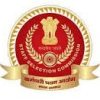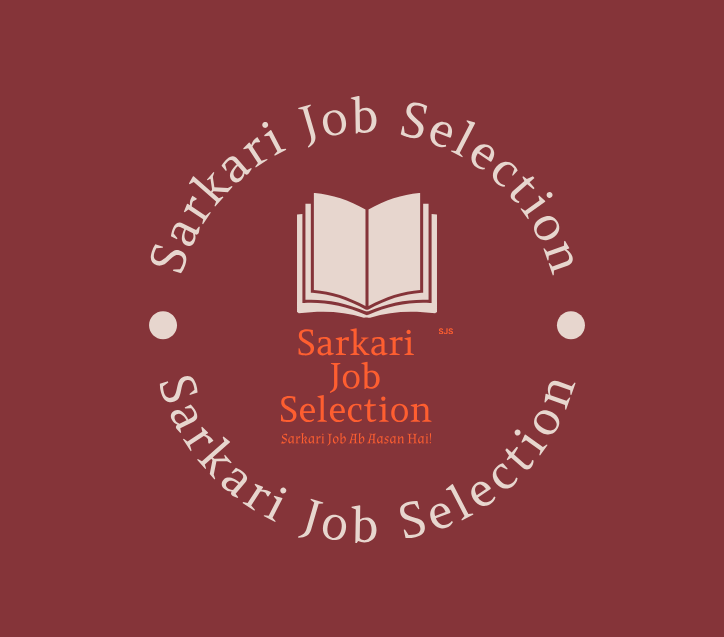
Most Asked SSC Questions!
Unlock Your SSC Success
Welcome to the ultimate preparation hub for SSC exams! Here, we've gathered the most frequently asked questions from various SSC (Staff Selection Commission) examinations, including SSC CGL (Combined Graduate Level), SSC CHSL (Combined Higher Secondary Level), SSC MTS (Multi-Tasking Staff), SSC Stenographer, and more. These questions have appeared time and again across different years, making them essential study material for anyone aiming to secure a government job.
Our collection spans across key subjects like General Knowledge, where you'll find questions on Indian history, geography, polity, economics, and science; Mathematics, covering arithmetic, algebra, geometry, and trigonometry; Reasoning, with logical puzzles, coding-decoding, and series; and English Language, focusing on grammar, vocabulary, and comprehension.
Each SSC exam has its unique pattern and syllabus, but common themes and questions persist. The SSC CGL, for instance, is known for its challenging reasoning and quantitative sections, while the CHSL often includes a mix of easier and moderate difficulty questions. Understanding these patterns can significantly boost your preparation.
Dive in, test your knowledge with these curated questions, and take a decisive step closer to your dream government job. Whether you're preparing for the preliminary exams, tier 1, 2, or 3, or looking for last-minute revision, this resource will help you master the SSC exam landscape.
- A) Samudragupta
- B) Harsh
- C) Ashoka
- D) Pulkeshin II
- A) Al-Masudi
- B) Al-Biruni
- C) Sulaiman
- D) Firdausi
- A) Askini
- B) Shutudri
- C) Parushini
- D) Kalindi
- A) Vedic Civilization
- B) Indus Valley Civilization
- C) Gupta Period
- D) Magadh Empire
- A) Banabhatta
- B) Panini
- C) Shudraka
- D) Patanjali
- A) Equal to 7
- B) Nothing can be predicted
- C) More than 7
- D) Less than 7
- A) Sodium Chloride
- B) Calcium Bicarbonate
- C) Sodium Carbonate
- D) Phosphorus
- A) Venus
- B) Earth
- C) Mars
- D) Jupiter
- A) Brain
- B) Heart
- C) Skin
- D) Liver
- A) Mumbai
- B) Delhi
- C) Hyderabad
- D) Bengaluru
- A) 1911
- B) 1912
- C) 1910
- D) 1905
- A) Urochrome
- B) Potassium
- C) Endorphin
- D) Insulin
- A) Samudragupta
- B) Chandragupta
- C) Kumargupta
- D) Harsha Vardhana
- A) Mahanadi
- B) Godavari
- C) Narmada
- D) Krishna
- A) 260
- B) 250
- C) 210
- D) 150
- A) Chief Minister of India
- B) President
- C) Members of both the houses
- D) Election Commissioner of India
- A) Kerala
- B) Madhya Pradesh
- C) Goa
- D) Assam
- A) Lord Dalhousie
- B) Lord Lytton
- C) Lord Hastings
- D) Lord Cornwallis
- A) Annie Besant
- B) Sarojini Naidu
- C) Usha Mehta
- D) Madam Cama
- A) Jawaharlal Nehru
- B) Indira Gandhi
- C) Rajiv Gandhi
- D) Atal Bihari Vajpayee
